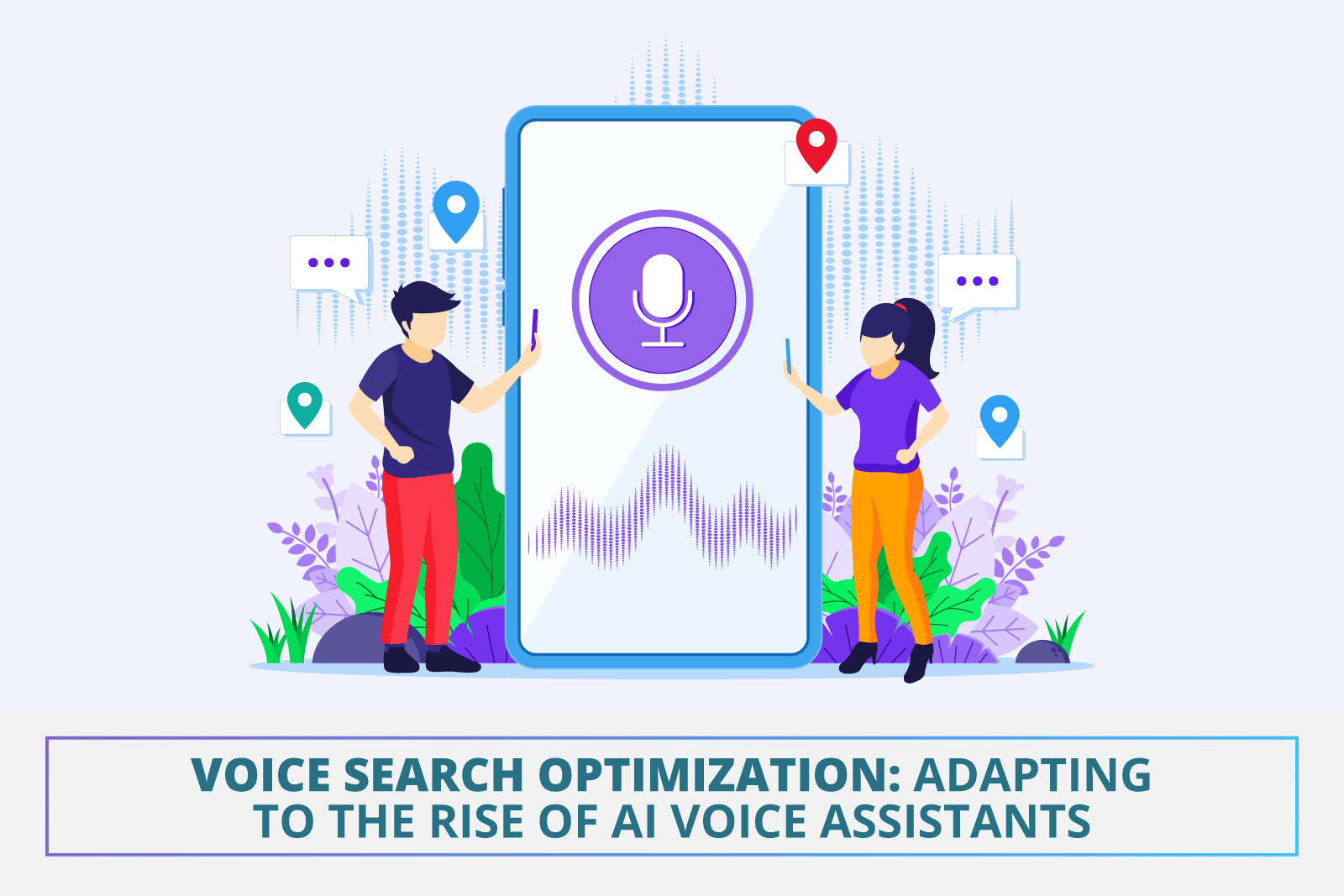Forget Typing, It’s All About Talking Now
Gone are yesteryear’s clunky mobile phones that made you painstakingly stress out your fingers to type every single letter. No more. Today, we only talk to our devices. “Hey Google, what’s the weather like?” “Siri, order pizza for me.” It’s a revolution—a quiet one, though that’s ever-listening and changing the way we interact with the world around us.


The Rise of the Talking Machines
These AI-powered voice assistants, whether it’s Alexa, who is always on, or Siri, who is hugely helpful, have become a certain part of innumerable electronic devices. From our smartphones to smart speakers on our kitchen countertops, they make our lives so much easier. An explosion of billions of devices is taking place, increasing in number, capable of hearing and understanding the spoken word as fast as a sourdough starter. Why? Because talking is a lot easier than typing. It offers that hands-free, conversational approach while sounding surprisingly accurate.
Why Your Business Needs to Speak the Same Language
However, it’s not just us. There’s a seismic shift for businesses. For a while we will search in different ways when we talk to our devices rather than type. Rather than “pizza near me,” we ask, “Which is the best pizza joint around here?” It is more natural, more human. And the search engines, those digital gatekeepers, are listening.

Here are more reasons why voice search matters to your wallet:
- Voice is the World: More than half of all searches are voice ones, and that’s a wave of potential customers.
- Local Matters More Than Ever: “Find me a coffee shop nearby”—that”‘s the voice of the local searcher; if you fail to turn up in those results, you’re losing an enormous chunk of customers walking through your door.
The Featured Snippets Are To Control:
Voice assistants often hijack their answers from those small boxes found on the top of search. Get featured there, and you’ve given the microphone to your business.
Mobile Still Rules (and Queens): If we are honest, mobile phones are almost attached to our hands. If your website is not mobile-friendly, you are already behind voice search to accentuate this.
How do you make your business voice-ready?
1.Talk and Speak the Talk: Forget all those tacky short phrases, laden with keywords. Embrace the conversation. You can harness instruments like Google’s Keyword Planner to uncover the long-tail questions your customers are actually asking.
2.Domesticate It Up: Ensure that the Google My Business profile is on point. Accurate, vivid hours, tasty-looking photos, and even customer reviews are up for grabs here. Sprinkle your website with location-based keywords.
3.Stuff Featured Snippets: Make your content like a mini-encyclopedia. These headings and bullet points really help search engines, and therefore voice assistants, quickly understand what the content is about.
4.Speed Is The New Black: No one likes to wait for a file to open. Make sure the images you use are condensed. Get on with redirecting things for good. In all situations, make sure your websites load fine, even on the slowest connections.
5.Data Is Your Friend: Structured data will go a long way in helping the search engine understand your page better. Think of it as a roadmap.
6.It Should Be About Why and How: Create content anticipating customer questions. If a restaurant, blog posts like “How to Select the Correct Wine to Pair” could go a long way, or “Our Top 5 Most Popular Dishes.”
7.You must measure your success: track your ranking, website traffic, and actual customer visits after voice searches.
The Future of Talking Tech
Voice search is not going anywhere but instead going smarter. Imagine the future where you can describe what you’re looking for and your device understands every nuance of your request. The line that divides man and machine begins to erase, and businesses will thrive should they be able to adapt.
The future is here, and it can talk. Are you listening?







